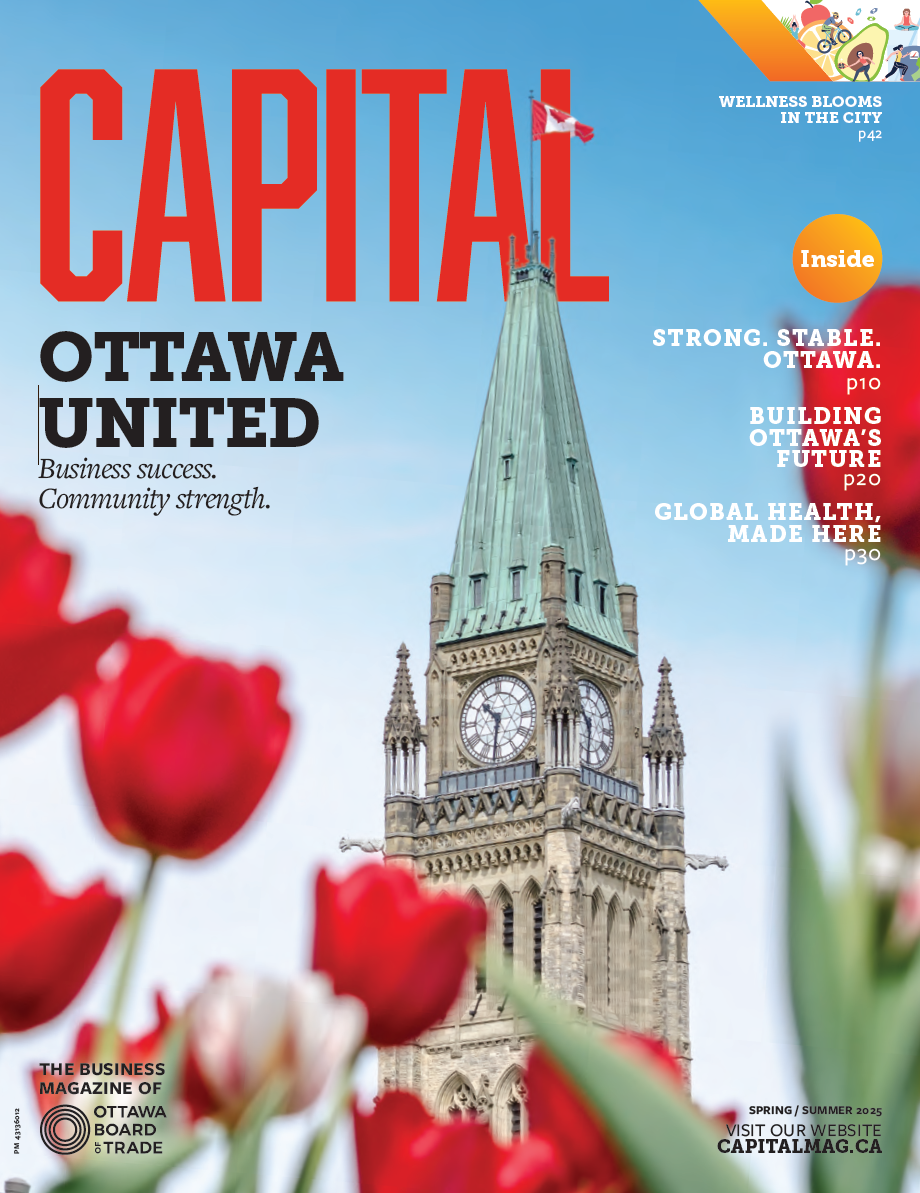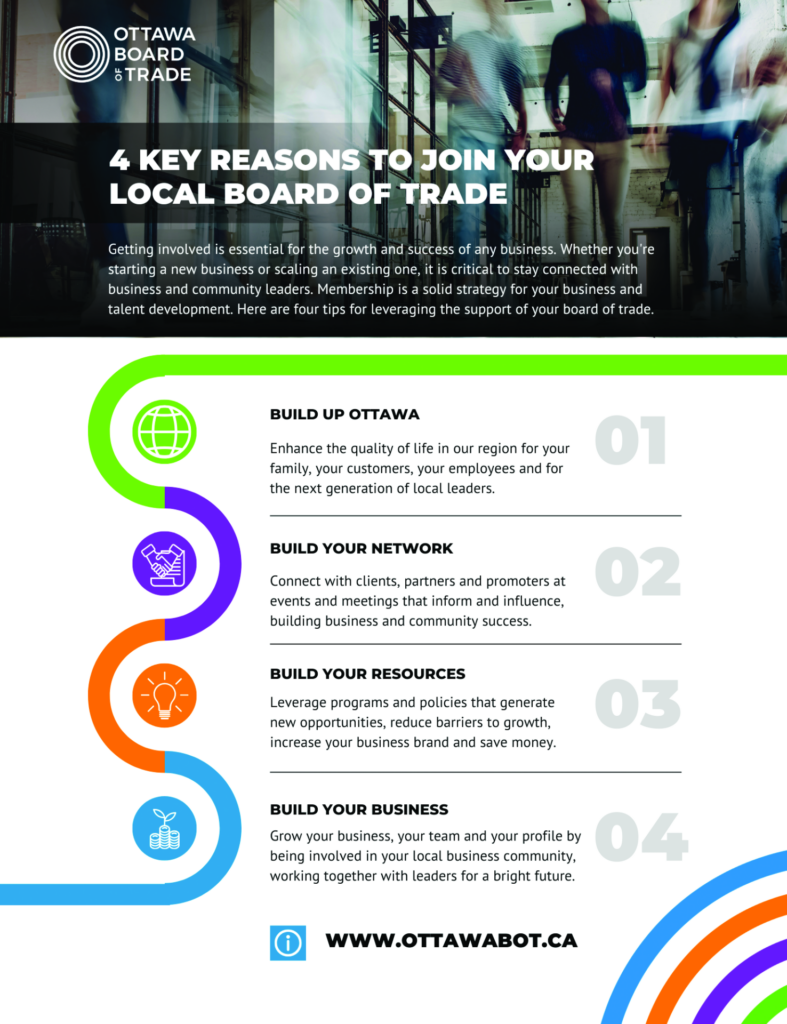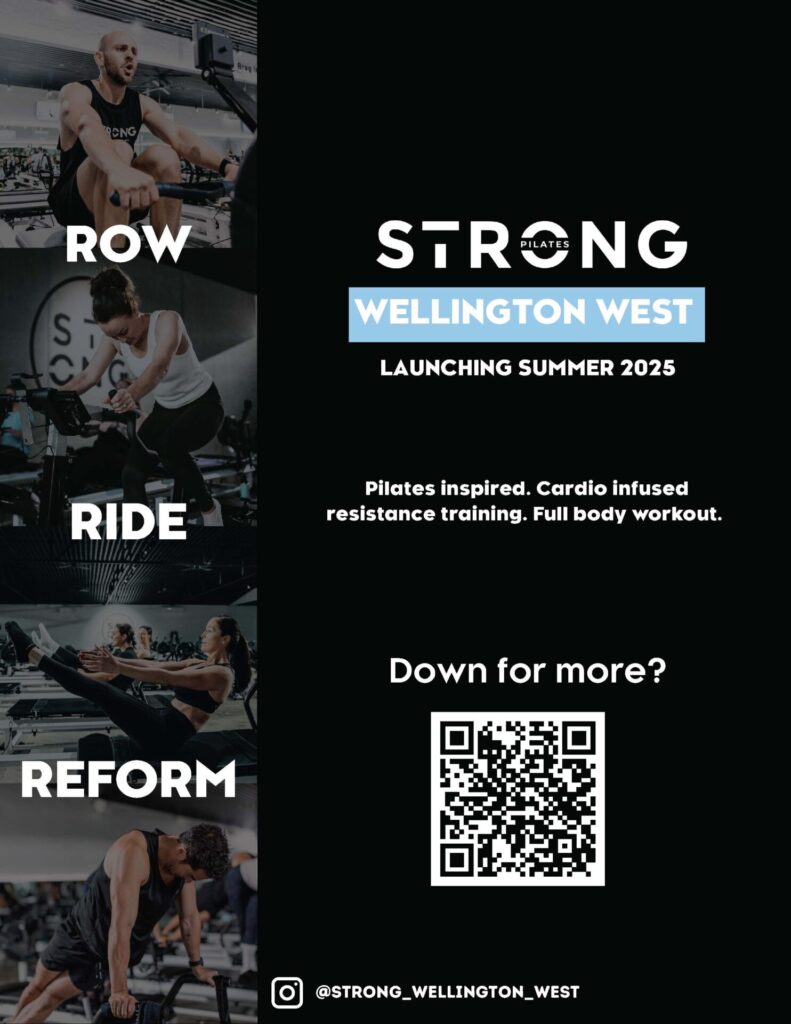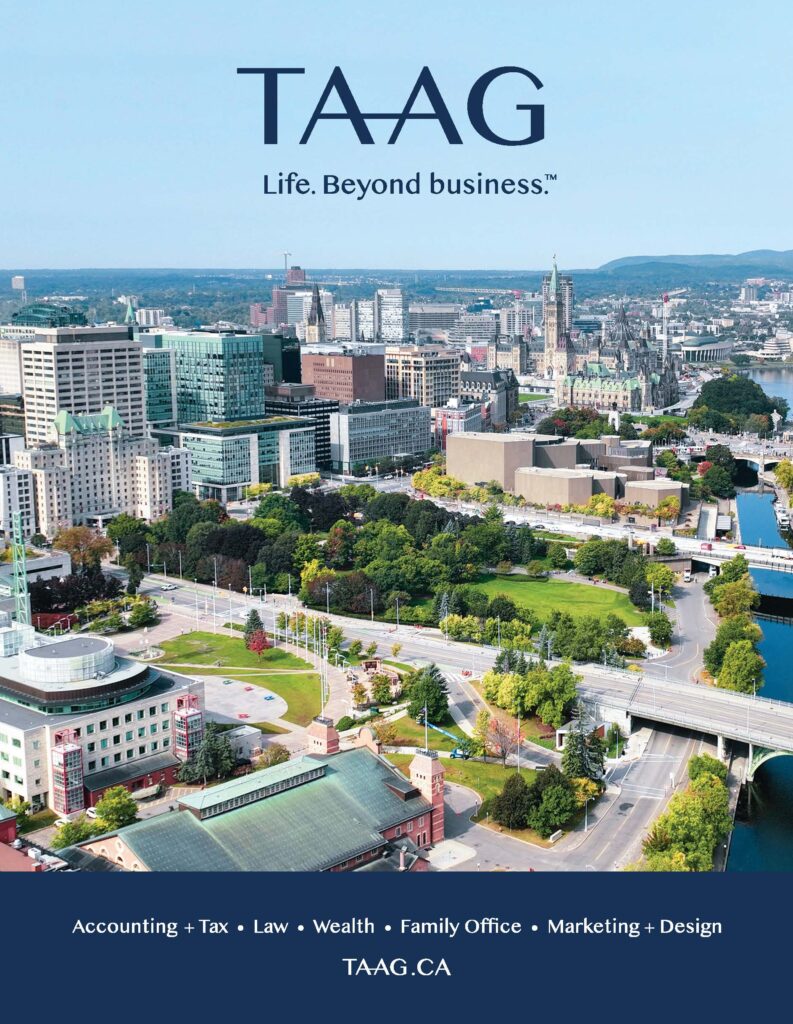Oil & Gas Industry

Chelsie Klassen Manager, media relations and issues management, CAPP
A Millennial Magnet
By Jeff Buckstein
CANADA’S OIL AND natural gas industry is undergoing multiple, but significant changes that should appeal to a tech-savvy millennial generation whose presence is growing in the workforce.
“There’s so much happening right now that’s innovative and interesting. As we move into a lower carbon future, this is the place to be,” says Chelsie Klassen, manager, media relations and issues management for the Canadian Association of Petroleum Producers (CAPP) in Calgary.
CAPP’s mandate is to “enable the responsible growth of [the oil and natural gas] industry and advocate for economic competitiveness and safe, environmentally and socially responsible performance.”
Klassen describes how new technologies are enabling innovation that should appeal to millennials who are striving for a challenging career.
For example, “being able to drill down into a shale rock formation using hydraulic fracturing and taking the gas out but with even less freshwater – those are technologies that have been evolving over the past couple of years for the better,” she says. “Imagine working on projects that capture carbon below the surface of the ground, or working with algae to eat carbon for a cleaner energy future, or using vehicles that have the same movement as amphibians, so you can go over top of swampy areas without damage.”
But the oil and natural gas industry also provides opportunity to, and benefits from, the work of other generations. Whereas many millennials exhibit a very entrepreneurial spirit coming into the industry, the experienced baby boomer generation also displays very specific attributes. They are excellent mentors. Through their decades of service, they have proven to be very hard working, goal oriented and resourceful.
“They always strive to win,” says Klassen, who sees the generations as very complementary in the way they work well together. “Baby boomers come with a solid understanding of where the industry has come from, and millennials have new ideas of where it should go into the future,” she stresses.
One of the things that is very important to a lot of millennials is community involvement, and the organizations represented by CAPP do their best to give back to their respective communities through various projects, notes Klassen, who cites Suncor, Imperial, Cenovus, Shell, ConocoPhillips, Chevron, Encana, BP and Husky as among CAPP’s larger energy producer members.
As younger generation consumers reach adulthood, efforts to reach out and explain what the oil and natural gas industry is doing in Canada have also modernized.
“We have definitely changed the way we communicate. ‘Corporatespeak’ is dead. We use two-way platforms to engage back and forth and to have an open dialogue about energy issues. It’s about telling the story of possibility. A plan and vision is important, and that’s something we will continue to build on,” says Klassen.
Canada’s oil and natural gas industry is frequently associated with western Canada, where many large companies have their head offices situated, but the industry is very much a national one, impacting Canadians across the country.
Klassen’s role provides a deep understanding of the frequency with which the oil and natural gas industry must intersect with Ottawa, and deal with both the federal government and its agencies, in addition to other jurisdictions, such as her home province of Alberta.
“I’m a member of an integrated communications team that is responsible for advertising, research, campaigns, corporate communications and corporate outreach. Being CAPP’s voice through the media and [providing] responses for any big issues that could involve policy or regulatory issues impacting our industry is my responsibility,” she explains.
Dealing with the entire oil and gas industry “you get the umbrella view of all these different regulatory impacts and issues in
the news cycle. It’s most important for our team to provide the correct information and assessment of relevant issues to media, and deliver it fast enough so that we can get it into the daily media cycle,” Klassen emphasizes.
In 2017, across Canada, the oil & natural gas industry supported 533,000 jobs in the following skills and professions:
- Business & Operations Support
- Engineers
- Field Workers
- Geosciences Professionals
- Marine & Nautical Services
- Scientists & Environmental Advisors
- Operators (Plant, drilling, heavy equipment)
- Trades People






















